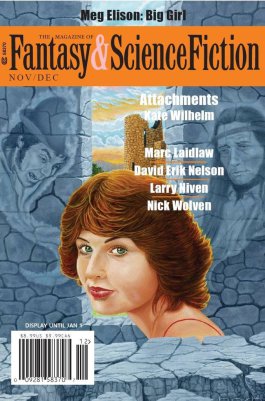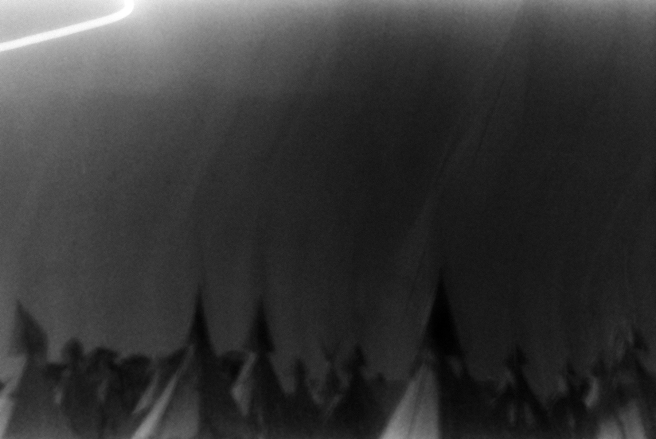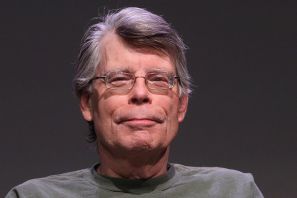 A recent picture of Stephen King
A recent picture of Stephen King
I can’t say I read many books about the writing process these days. To be sure, I have no vendetta against them – especially not when they’re written by accomplished authors. I remember, years ago, reading Anne Lamott’s Bird By Bird, in which she talks about taking life, and taking writing, step by step, the way her brother had to take a science project “bird by bird” when he stayed up to do it at the last minute. And in my early 20’s, I was obsessed with Mary Pipher’s Writing to Change the World. Pipher is the author of Reviving Ophelia: Saving the Selves of Adolescent Girls, and along with formulating the renowned theory that our society is taking something away from its girls during the transition from childhood to adulthood, she also sought to give people advice on how to write – especially on how to write in a way that would change things, that would make a difference. That was a fair undertaking, because Reviving Ophelia had made waves, and its theory still has resonance today, years later.
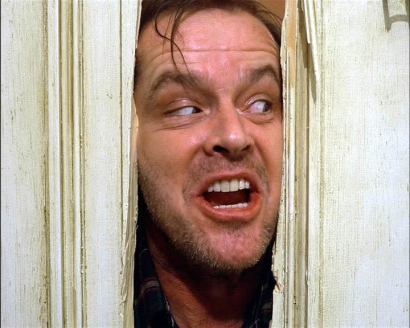 Jack Nicholson in a film adaptation of one of King’s most canonical works, The Shining. King, however, didn’t like Kubrick’s adaptation.
Jack Nicholson in a film adaptation of one of King’s most canonical works, The Shining. King, however, didn’t like Kubrick’s adaptation.
These two autobiographical sketches on writing were both very good, and I see much benefit in reading them. Indeed, I’m not at all arguing that books on writing aren’t worthwhile: if we can’t turn to successful writers to learn their tricks, then who can we turn to? But into my late 20’s and early 30’s, I sort of gave up on writing, at least in the non-academic sense. On the one hand, it’s hard to say I really gave up on writing, because getting a PhD in literature requires infinite amounts of the activity. But there is, of course, a big difference between writing fiction and writing about fiction, the latter of which, in an analytical context, is more my forte. I retract this decision frequently, and I throw myself into writing memoir or a piece of fiction for a week or two, then I realize I don’t have time, or that I could be spending my time on other things, and I stop. So, I haven’t felt a need to read a book on writing in a while. I’ve read a ton of fiction, and plenty of academic analysis, over the past two years, but I haven’t read a lot – or indeed, any – writing about writing fiction.
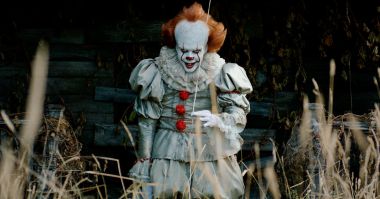 Pennywise in the most recent film adaptation of Stephen King’s It.
Pennywise in the most recent film adaptation of Stephen King’s It.
Enter Stephen King. As a lover of the horror genre, I would like to position this man as my sort of idol, but in truth, he and I are nothing alike. The man sees a story, or a part of a story, in everything, and practically manically produces work of fiction after work of fiction, so that his resume is a pantheon of rich, macabre stories that span the realm of horror (mostly), fantasy, and science fiction. He is undeniably brilliant in all the ways I am not: he has ideas, and he can carry those ideas through to a logical conclusion, write a thick, rich story with characters, plot, intensity, a beginning, a middle, and an end. Sometimes I wish I were a runner again (someday, maybe!) Other times, as Skee-Lo says, I wish I was a little bit taller. (That’s actually not true at all. I don’t care much about my height, but I wanted an excuse to reference 90’s rap). Sometimes I wish I weren’t so socially anxious (but, ce’st la vi). These are ephemeral musings, when I’m dead set on being unhappy because I can’t be satisfied with things as they are, with where I’m at, in life. But always, I almost always wish I could do what Stephen King does. Mindy Kaling says in Why Not Me? that she wishes she were thinner, but she doesn’t wish it with all her heart. I don’t think I wish I were a brilliant fiction writer with all my heart, but I do wish it with a lot of my heart. It’s just something I’ve sort of given up on by my mid-30’s, because of time and perceived ability. It’s something I hope to pick up someday, again, once I have my PhD. In any case, the fiction process seems about as natural for King as breathing, which is why I’m seethingly envious of him, even as I fangirl over him.
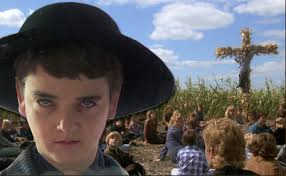 An adaptation of the classic Children of the Corn
An adaptation of the classic Children of the Corn
And I am fangirling more after reading On Writing. Suffice it to say, I didn’t pick up the text with any hope that he would provide information that would magically turn me into a prolific author of fiction. I guess there was a part of me that was looking for savvy advice, but I read it more out of sheer curiosity. My mom included it in a birthday present a year or two ago, and it’s been sitting on whatever counter I happen to place it on while straightening up – first one place, then another – and I kept looking at the picture on the front cover, of a circa 90’s Stephen King surrounded by office supplies, looking pensive as he sits down to write yet another novel. When I picked the text up, it was the beginning of a winter break that’s coming to a close now, and I was intoxicated with the idea of having some spare time to do, well, whatever I wanted to do. Did I start trying to write a novel first, and get inspired to read King, or did I read King, and then get inspired to write a novel? I’m not really sure. Nevertheless, I was trying to write a novel as I read his text, and his words kept me going as I continued to contemplate giving up, until, finally, I did give up, or at least went on hiatus. My to-be novel is on some obfuscated back burner, waiting to emerge when I can devote more time to it. Stephen King would not approve of that strategy, but so it goes. In short, his writing was at least inspirational enough to keep me writing creatively while reading his novel. After that, well, time and life happened, and I stopped.
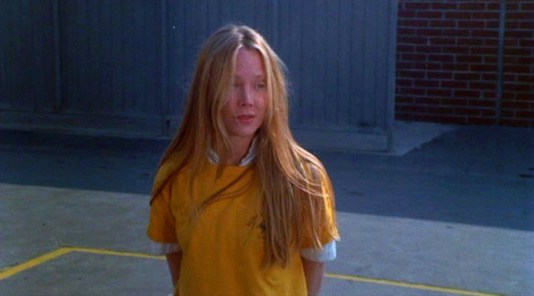 Sissy Spacek as Carrie, one of King’s earlier works
Sissy Spacek as Carrie, one of King’s earlier works
But Stephen King’s book is rich because it consists of both memoir and incredibly practical advice. His memoir contains what most memoirs contain – not a fluid, year by year narrative of the author’s life, but snippets, here or there, of things he remembers. Interestingly, he begins with memories that include a lot of physical pain, a plight that he’ll describe again later in the book when he writes about getting hit by a car. But he continues to share more uplifting memories: the first time he met his wife, for example, raising a family, and not only the nail that he proudly collected his rejection letters on, but that moment when he stopped getting rejection letters. Despite my assessment of King in former paragraphs, as someone who effortlessly churns out copious amounts of brilliant fiction, I think what he underscores emphatically is that he worked incredibly hard –and faced a lot of rejection –to reach such a point of undeniable success. He illustrates the point more than he says it outright; the message seems to be, embrace rejection as a path to something better. This was one of many at least semi-inspirational elements of the memoir. It was, simultaneously, a telling reminder of what fiction (and non-fiction) writers go through – all of them – and a warning that one does not publish – not fiction, not non-fiction, probably not even academic writing – without rejection. So while the sort of “we’re all in this together” vibe was comforting, the message was also a little bit odious. Unlike King – and most well-adjusted adults I know – my fragile ego hates rejection, and so I think, in the back of my mind, I used his very honest account of his rise to success as another reason to halt my fiction ventures. Alas, I am who I am.
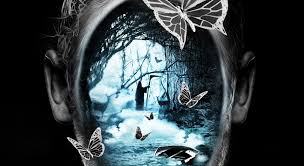 The cover shot of King’s more recent The Bazaar of Bad Dreams
The cover shot of King’s more recent The Bazaar of Bad Dreams
What I most remember about King’s work –and I’ll admit, I’m writing this blog post a few weeks after finishing the book – is his categorization of writers. To King, to a large degree, writing is an innate ability; one has it, or one does not. He doesn’t say whether or not he believes this for all types of writing or only fiction, but he classifies writers as such: there are bad writers, there are competent writers, there are good writers, and there are geniuses. To be fair, he’s refreshingly humble in refusing himself the “genius” label, and instead asserts that he’s a good writer who’s always had a proclivity for the craft but has gotten better over a span of time and with a lot of practice. His basic theory is this: Bad writers cannot become competent or good writers, and good writers cannot become geniuses, but competent writers can become good writers, and that’s the group he’s aiming the book toward. As I read his theory, part of me, I admit, sat there, perseverating, thinking: Oh no, oh my; If Stephen King saw my writing, would he think I were a competent writer, or would he deem me a lost cause, one of the irreversible “bad” writer? As a Teach For America alumn who’s taught writing for nine years, I believe that writing is a skill like any other, and basically any skill can be taught. Indeed, I can’t afford, in my discipline, to believe otherwise, to think that bad writers are lost causes. Still, I appreciate King’s perspective, and my disagreement with him about the fate of bad writers may be my first step in writing my teaching philosophy to try to score a teaching position at IUP next year. So, thanks, SK!
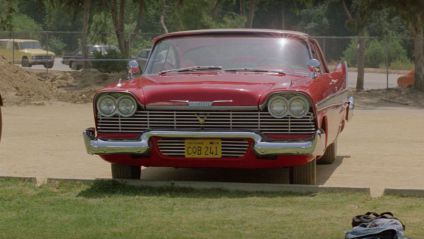 Who doesn’t love a monster car? The formidable Christine in Christine.
Who doesn’t love a monster car? The formidable Christine in Christine.
Another one of his more encouraging points is that plot doesn’t matter much. As I indicated earlier in this piece, the man is brilliant at taking a snippet of something from daily life and transforming it into a story. In On Writing, he gives examples of how he does this, and it’s a talent that I’m rather envious of. To Stephen King, writing is all about finding a situation, then locking yourself in a room of your own (a nod to Virginia Woolf, whether he realized it or not) and churning out 1000 words a day. He writes 2000, but he encourages (indeed, demands) that the beginning writer write a least 1,000. And he’s not a big fan of outlining plot; he rather prefers to create characters and let the characters take over, as if they’re taking him on a ride. I tried to do this, and my fiction turned out to be a little wonky, but maybe I just need practice. In any case, plot always stressed me out, so I found this bit of advice reassuring.
Of course, I could tell you more about King’s likes and dislikes, but instead of writing a blog post about what his book is all about, I’d rather encourage you to read it and find out. And you know, although I really relished all the practical advice King gave (and he gives a lot of very practical advice, about vocabulary, parts of speech, the whole bit) what I really liked the most was feeling like I got to know him as a person. Does that sound cheesy? He admits to being very daunted by memoir, claims he moved through the project more laboriously he has through most of his fiction works, but at the end of the day, the reader feels weirdly close to the writer after reading this text – which is cool, because Stephen King is such a name. In Literary studies, we love to talk about signifiers and signifieds: the signifier is the word, as it stands on the page, and the signified is the meaning, or the host of meanings, that the word represents, although these labels are imperfect, and many argue that the signifier can never perfectly represent the signified. In any case, I feel like I know the signified, Stephen King, a little bit better when I hear his name, his own personal signifier, now. I feel like I have a personality and life story to connect to a writer whose name I’ve grown up hearing (and revering) but whose persona was always rather enigmatic to me.
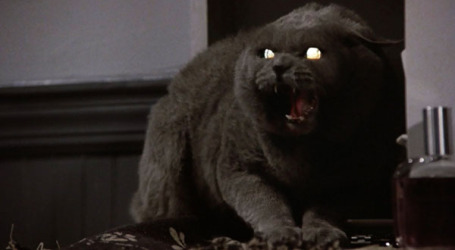 Creepy cat alert! Church from Pet Sematary.
Creepy cat alert! Church from Pet Sematary.
In the end, like I said, I was a zealous fiction writer for the few days I read the book. I’d give up, then I’d read something that would make me want to keep going. Once I put the book down, I started feeling overwhelmed with life, and I put my to-be novel down, too. I think Stephen King would have his qualms with this. Indeed, he might tell me I’m not cut out to be a writer, and this may be true. But hey, SK, I have to pay the bills, and I want my damn PhD sometime in the next few years. After that, who knows, maybe I’ll pick my slowly formulating novel-type-thing up and give it another shot. Maybe I’ll even pick King’s memoir up and read it again. And you should too – not that he needs my promoting. If you’re an aspiring writer, I highly recommend it. And, if you’re just a big fan, it might still be worth a read, if only to satiate your curiosity.
Advertisements Share this:



